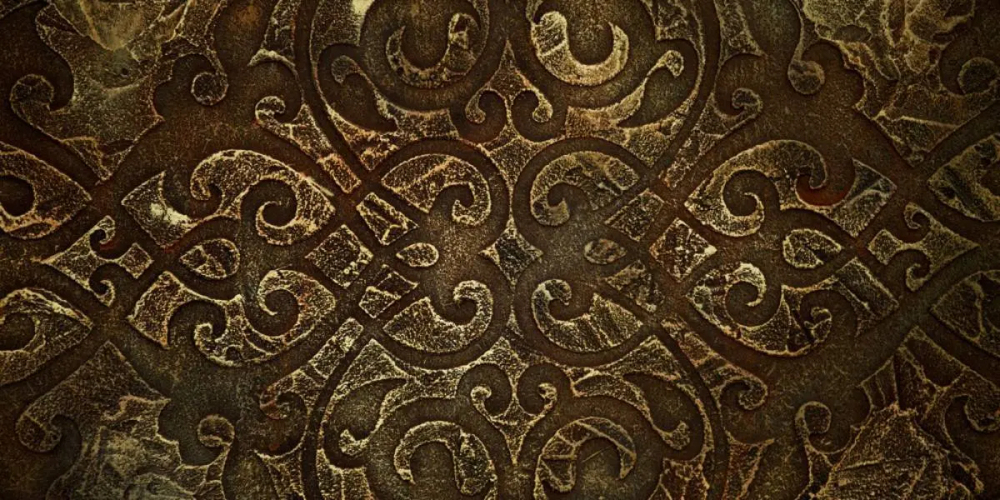
Solutions
Apr 28
Where Do Celtic Languages Come From?
Celtic languages have a rich history. These complex, flowing languages have beautiful words, weird spellings in Latinized text, and have a history dating back 3,000 years. Today’s blog from Akorbi’s interpretation services staff answers, “Where do Celtic languages come from?”
Once Widespread in Central Europe
Around 3,000 years ago, Celtic languages originated in Central Europe before they were gradually replaced by Germanic, Romance, or Slavic languages depending on the areas where people lived. Linguists call this extinct language Proto-Celtic, and it’s an Indo-European language.
Written Words
Linguists trace written Celtic scripts back to written inscriptions found in Northern Italy in the Alps. These writings date back to the 500s BCE. That’s part of the reason why experts believe Celtic language speakers migrated from south and east towards the north and west.
Living Languages
As people migrated across Europe, Celtic speakers settled and isolated themselves in Great Britain and Ireland. Most native speakers of Celtic languages currently reside in Ireland, Scotland, Wales, and Brittany.
The four remaining living languages in the Celtic family are:
- Irish
- Welsh
- Breton
- Scottish Gaelic
Around 1.8 million people speak Irish, with about 1/10th of them in Dublin alone. There are only around 80,000 native speakers, though.
562,000 people claim to speak Welsh. That’s around 20% of the population of Wales, in Great Britain.
In Brittany, the westernmost part of France, more than 200,000 people speak Breton.
Scotland harbors around 57,000 speakers of Scottish Gaelic (around 1.1 percent of the population of Scotland). Gaelic descended from Irish back in the Middle Ages.
Declining Languages
Celtic languages are in decline, unfortunately. They’re under pressure from nearby languages, such as English and French. More and more people in Ireland, Scotland, and Wales speak English as a native language, while residents of Brittany are more likely to speak French. Luckily, cultural societies and governing language bodies help to keep these vibrant languages going, even though they’re in decline. Akorbi’s interpretation services work in Welsh, so we’re a part of this culturally significant language family.
Interpretation Services by Akorbi
Akorbi is known as one of the top language service providers in the United States. We offer interpretation services in 170 languages, including Welsh! Contact Akorbi or call 1-877-4-AKORBI for more information on what we can do for your business or organization.




